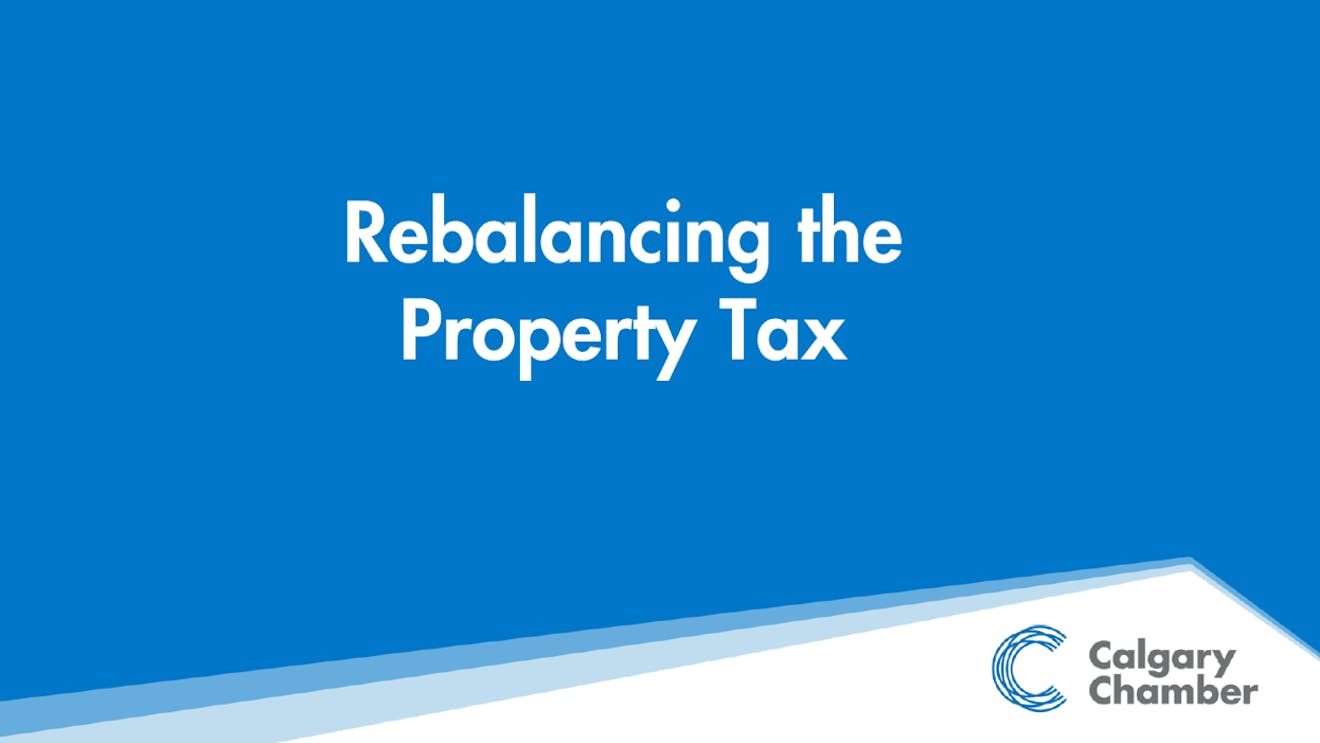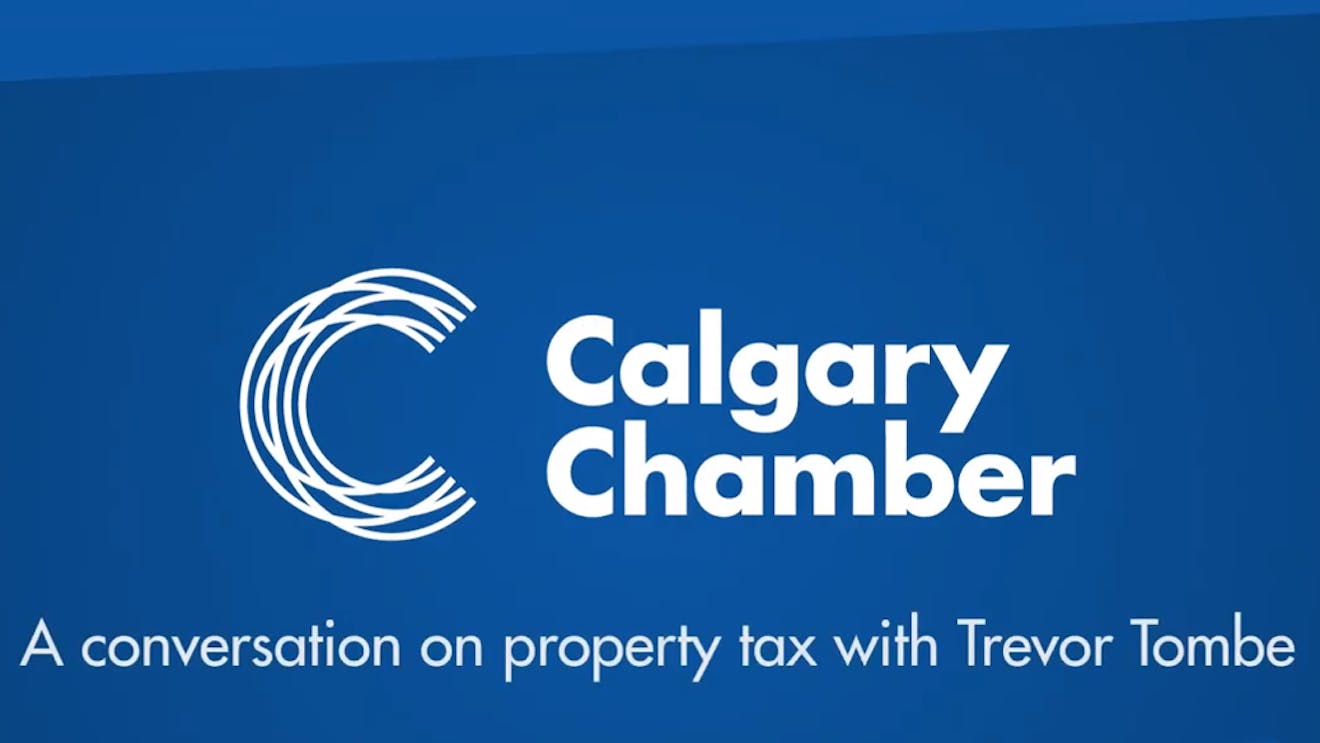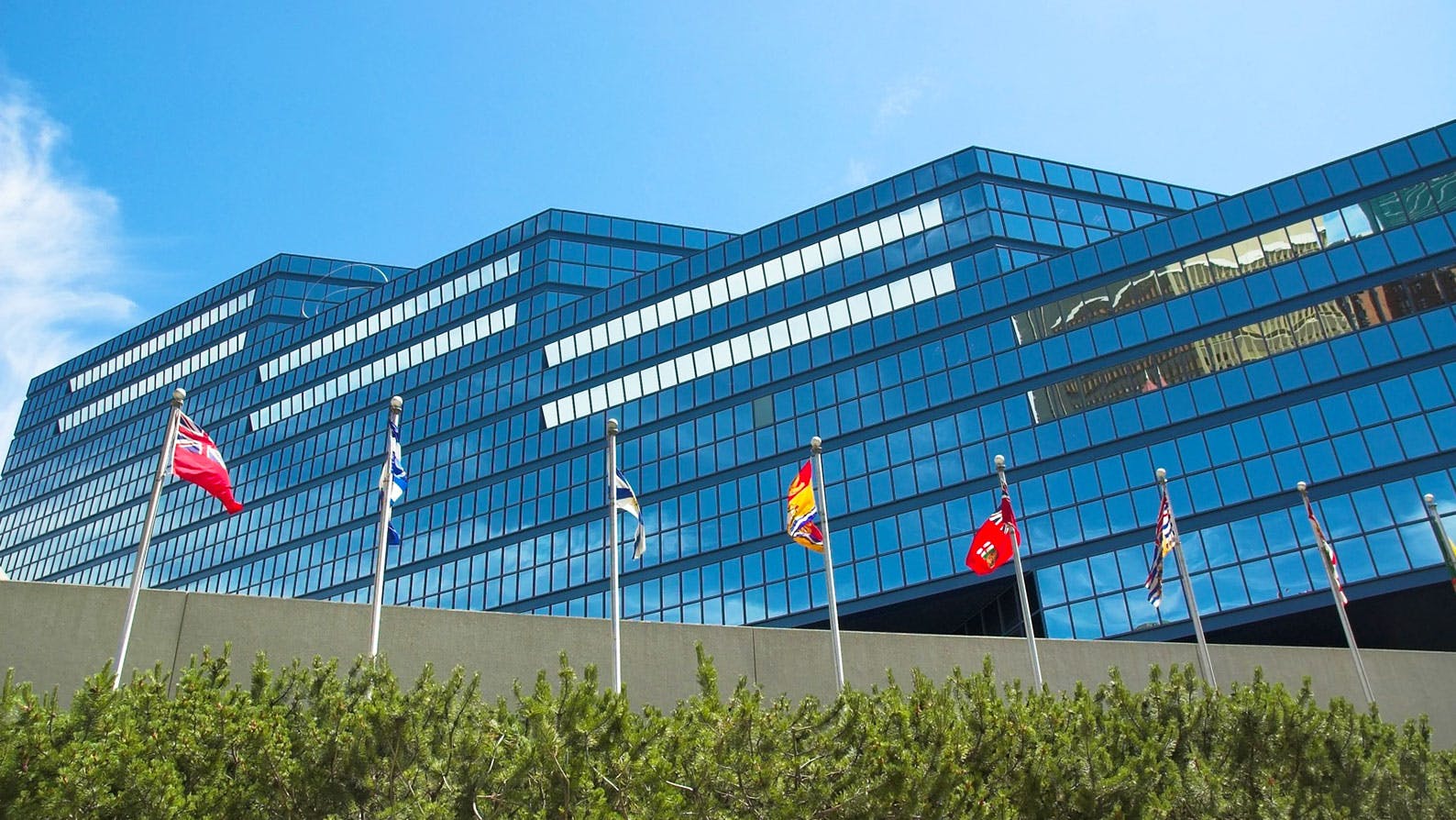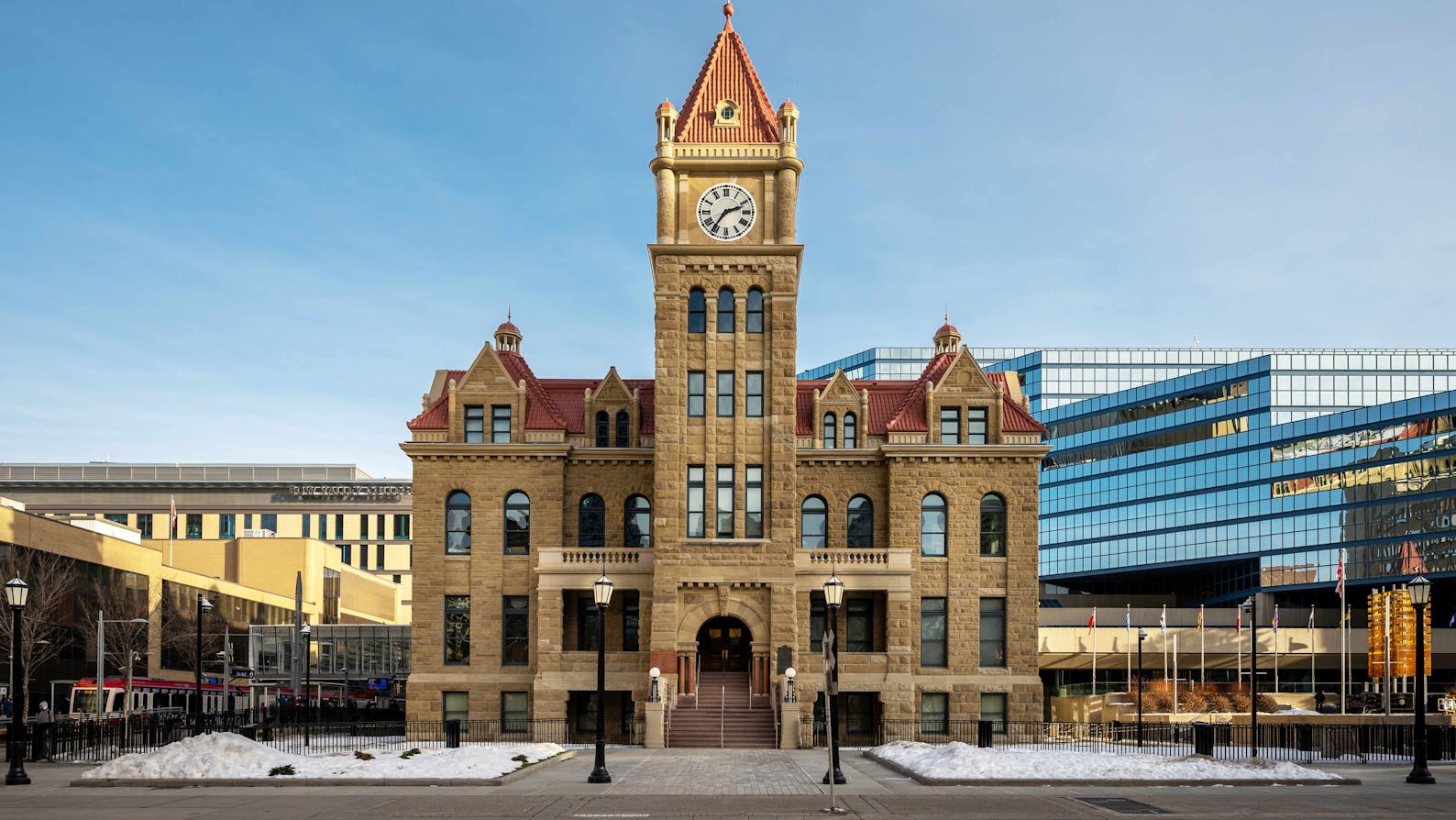Rebalancing the property tax
Our property tax system needs long-term, structural change to rebuild resiliency in Calgary business.

The issue
Calgary businesses have borne the brunt of an increasing tax burden, made exponentially worse due to the economic downturn that saw businesses leaving the core and taking their tax contributions with them. Our property tax system needs long-term, structural change to rebuild resiliency in Calgary business.
Property taxes on businesses in Calgary have seen the largest hikes among major cities in Canada for the last several years, with many small businesses facing double digit increases in their tax bills. This is directly threatening the survival and viability of Calgary businesses at a time when we need them most.
Contributing factors
Three key factors are causing problems with our property tax system
Calgary has one of the highest ratios of non-residential to residential property tax in Canada, across comparable jurisdictions. This means that businesses in Calgary pay a significantly higher portion of municipal tax compared to residential properties in the city, even though residential properties far outnumber non-residential properties. Add to this the Business Tax Consolidation, a seven-year process undertaken by the municipal government, and we see a layering of costs on Calgary businesses.
Calgary experienced a spike in the vacancy rate in our downtown core due to the economic downturn. Today Calgary’s downtown core is nearly one quarter empty. This high rate of vacancy has, in turn, seen assessment values for the downtown area depreciate. The decrease in assessment values created a shift of the tax burden from the high-rises in our downtown to businesses outside of the core who had to make up for the gap in the City’s operating budget. The ultimate result has been significantly higher tax bills, with some properties seeing triple digit increases in their property taxes for successive years for businesses outside of the downtown core.
In addition to a high non-residential to residential tax ratio, layering costs, and economic headwinds, the City of Calgary has only provided band-aid solutions that offer no long-term change. For example, the City of Calgary introduced the Phased Tax Program (PTP) for business in 2016, which was meant to be a one-time fix and used to subsidize a portion of the non-residential property tax. The PTP was subsequently used in 2017, 2018, 2019, and again in 2020. This program was not designed to be used over multiple years. In fact, it costs more to administer every single year it is used, as the actual tax rates accumulate year-over-year.

Our proposed solution
Our approach combines short, medium and long-term strategies to address the structural issues with the property tax system in our city. It is comprised of three key elements.
Reduce non-residential to residential tax ratio to 2.8:1 by 2022
Calgary has one of the highest ratios across major Canadian cities. In order to increase Calgary’s competitiveness and encourage business to develop here, a further reduction in the tax ratio will be required.
Reduce the cost and increase the effectiveness of local government
Long-term efficiencies must remain a focus. This could include privatizing services, hiring lower cost consultants, and increase operational effectiveness of administration departments.
Sale of non-revenue generating city-owned land
Selling non-revenue generating land will increase the tax base for the City, as it does not collect property taxes from itself, increasing revenues.
Rebalancing the property tax
Chamber in action
Since 2017, we have been vocally advocating for this much-needed structural change to Calgary’s property tax system. The Chamber has put together advocacy campaigns in the lead up to the last two budgets. This included developing policy positions in consultation with Calgary’s business community, creating presentations for City Council, conducting media briefings, hosting roundtables, and leveraging the Chamber’s own media channels to push for the solutions the business community needs.

Presentation to City Council
Our case for rebalancing the property tax

Property tax system explained
A conversation with Trevor Tombe

Official release
Calgary Chamber Statement on City Budget for 2020
Lend your voice
Tackling the property tax issue in our city will need a focused effort using multiple levers. This is an issue with no easy solution, and we need the City, Calgary’s business community and all citizens to continue working collaboratively to resolve it going forward. You can help by staying informed, reaching out to your City Councillor and of course voting for property tax reform in the upcoming municipal election in 2021.
Rebalancing the property tax
Latest updates

Property tax decision a step in the right direction
The Calgary Chamber comments on City Council's decision on property tax

Calgary Chamber disappointed in City Council’s decision on property tax
The Calgary Chamber's statement on City Council's decision to maintain the non-residential to residential property tax ratio.

Calgary Chamber urges City Council to rebalance property tax
The Calgary Chamber of Commerce calls on City Council to rebalance residential and non-residential taxes.






